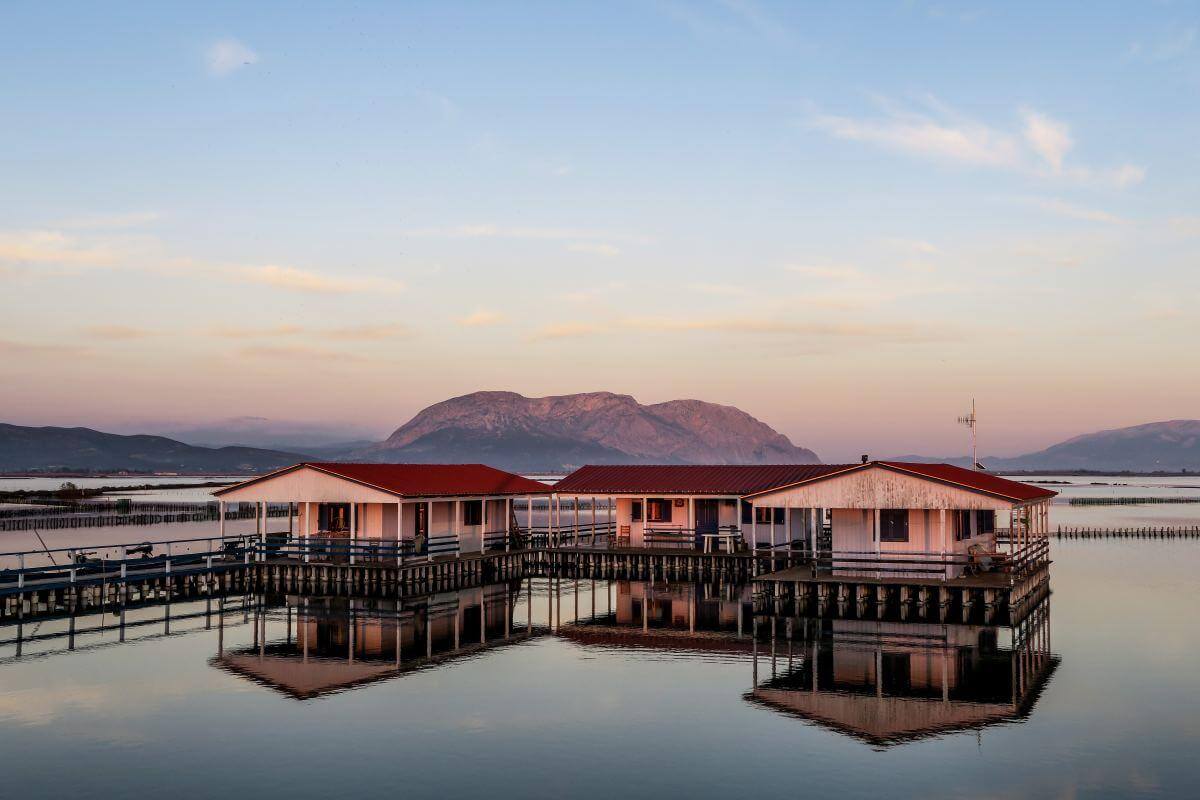Mark Weisbrot
The fund’s loan agreement with Ecuador will worsen unemployment and poverty

When people think of the damage that wealthy countries – typically led by the US and its allies – cause to people in the rest of the world, they probably think of warfare. Hundreds of thousands of Iraqis died from the 2003 invasion, and then many more as the region became inflamed.
But rich countries also have considerable power over the lives of billions of people through their control over institutions of global governance. One of these is the International Monetary Fund. It has 189 member countries, but the US and its rich-country allies have a solid majority of the votes. The head of the IMF is by custom a European, and the US has enough votes to veto many major decisions by itself – although the rich countries almost never vote against each other.
To see what the problem looks like, consider a recent IMF loan. In March, Ecuador signed an agreement to borrow $4.2bn from the IMF over three years, provided that the government would adhere to a certain economic program spelled out in the arrangement. In the words of Christine Lagarde – then the IMF chief – this was “a comprehensive reform program aimed at modernizing the economy and paving the way for strong, sustained, and equitable growth”.
But is it? The program calls for an enormous tightening of the country’s national budget – about 6% of GDP over the next three years. (For comparison, imagine tightening the US federal budget by $1.4 trillion, through some combination of cutting spending and raising taxes). In Ecuador, this will include firing tens of thousands of public sector employees, raising taxes that fall disproportionately on poor people, and making cuts to public investment.
The overall impact of this large fiscal tightening will be to push the economy into recession. The IMF’s projections are for a relatively mild recession until next year, but it will likely be much deeper and longer – as often happens with IMF programs. Unemployment will rise – even the IMF program projections acknowledge that – and so will poverty.
One reason that it will likely turn out much worse than the IMF projects is that the program relies on assumptions that are not believable. For example, the IMF projects that there will be a net foreign private sector inflow into the economy of $5.4bn (about 5% of GDP) for 2019–2022. But if we look at the last three years, there was an outflow of $16.5bn (17% of GDP). What would make foreign investors suddenly so much more excited about bringing their money to Ecuador? Certainly not the recession that even the IMF is projecting.
There are other implausible assumptions and even some that result from accounting errors, and sadly they all go in the same direction. It seems that the program’s “expansionary austerity” – something that almost never happens – is unlikely to make Ecuador into a world-famous exception, where the economy grows as aggregate demand is slashed.
The program also seeks to reshape the economy in ways that, to many Ecuadorians, would appear to be political. The central bank will be made more autonomous; public assets will be privatized; and labor law will be changed in ways that give employers more unbridled power over workers. Some of these changes – for example, the separation of the central bank from other government decision-making – will make economic recovery even more difficult.
All this is taking place under a government – elected in 2017 on a platform of continuity – that seeks to reverse a prior decade of political reforms. These reforms were, by measures of economic and social indicators, successful. Poverty was reduced by 38% and extreme poverty by 47%; public investment – including hospitals, schools, roads, and electricity – more than doubled as a percent of the economy. But the prior government was a leftwing government that was more independent of the US (by, for example, closing down the US military base there).
One can imagine what this looks like, as the Trump administration now gains enormous power in Ecuador not only through the $4.2bn IMF loan, but also $6bn from related Washington-based multilateral institutions such as the World Bank and Inter-American Development Bank. (This totals about 10% of Ecuador’s annual GDP – equivalent to more than $2.1tn in the US.)
Actually, we don’t have to imagine much, since the new president, Lenín Moreno, has aligned himself with Trump’s foreign and economic policy in the region. At the same time, his government is persecuting his presidential predecessor, Rafael Correa, with false charges filed last year that even Interpol won’t honor with an international warrant. Other opposition leaders have fled the country to avoid illegal pre-trial detention – in the case of former foreign minister Ricardo Patiño, for making a speech that the government did not like.
Since Washington controls IMF decision-making for this hemisphere, the Trump administration and the fund are implicated in the political repression as well as the broader attempt to reconvert Ecuador into the kind of economy and politics that Trump and Pompeo would like to see, but most Ecuadorians clearly did not vote for.
All this provides even more reasons why there needs to be serious reform at the IMF, starting with making it more of a multilateral institution, as it pretends to be. In the past 20 years, the US Congress – which has to approve funding increases for the IMF – has on rare occasions intervened to eliminate some abuses. In the early 2000s, for example, millions of poor children in Africa gained access to primary education and health care because the US Congress made it impossible for the IMF and World Bank to require their governments to charge user fees for these basic needs – as these institutions had been doing for years.
In the coming weeks, the IMF will almost certainly choose a new, affluent white European to head the institution. Progressive members of Congress, who care about what US foreign policy does to the rest of the world, should weigh in with some demands for reform.
… as you’re joining us today from Taiwan, we have a small favour to ask. Tens of millions have placed their trust in the Guardian’s high-impact journalism since we started publishing 200 years ago, turning to us in moments of crisis, uncertainty, solidarity and hope. More than 1.5 million readers, from 180 countries, have recently taken the step to support us financially – keeping us open to all, and fiercely independent.
With no shareholders or billionaire owner, we can set our own agenda and provide trustworthy journalism that’s free from commercial and political influence, offering a counterweight to the spread of misinformation. When it’s never mattered more, we can investigate and challenge without fear or favour.
Unlike many others, Guardian journalism is available for everyone to read, regardless of what they can afford to pay. We do this because we believe in information equality. Greater numbers of people can keep track of global events, understand their impact on people and communities, and become inspired to take meaningful action.
We aim to offer readers a comprehensive, international perspective on critical events shaping our world – from the Black Lives Matter movement, to the new American administration, Brexit, and the world's slow emergence from a global pandemic. We are committed to upholding our reputation for urgent, powerful reporting on the climate emergency, and made the decision to reject advertising from fossil fuel companies, divest from the oil and gas industries, and set a course to achieve net zero emissions by 2030.
If there were ever a time to join us, it is now. Every contribution, however big or small, powers our journalism and sustains our future.




